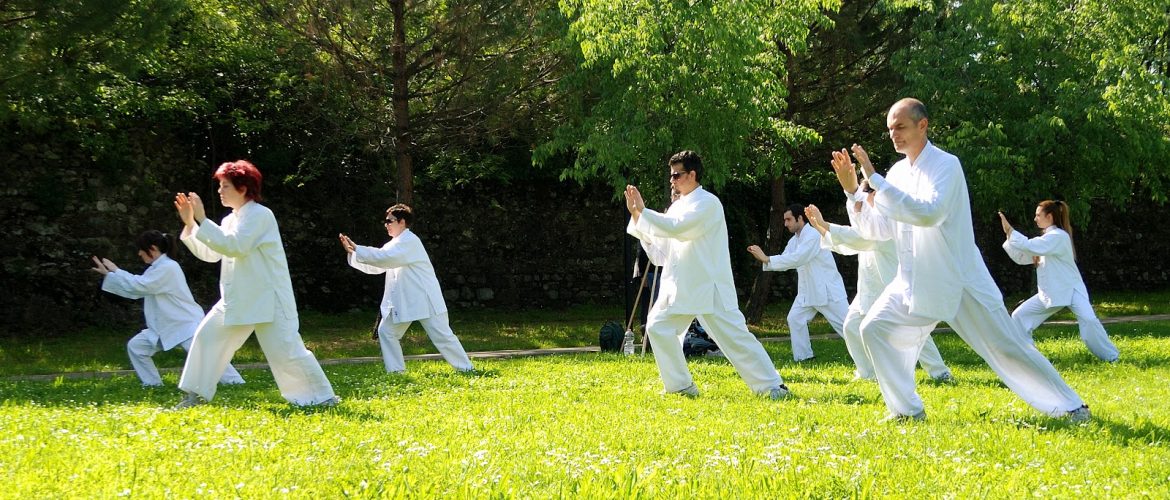Tai chi is a noncompetitive martial art known for both its defense techniques and its health benefits. As an exercise, it comprises gentle physical exercise and stretching with mindfulness.
It has been shown to improve balance control, fitness, and flexibility, and to reduce the risk of falls in older people. It appears to reduce pain and the symptoms of depression.
Tai chi is an ancient Chinese tradition that has evolved over centuries to become a means of alleviating stress and anxiety, a form of “meditation in motion.” Advocates claim that it promotes serenity and inner peace.
The phrase “t’ai chi ch’uan” translates to “supreme ultimate fist” or “boundless fist”. Tai Chi can be traced back to Taoist and Buddhist monasteries.
Tai Chi is considered to be safe for people of all ages as it does not put too much stress on the muscles and joints.
Health Benefits of Tai Chi
The benefits of tai chi are said to include the reduction of stress, anxiety, and depression, and the enhancement of mood, both in both healthy people and in those with chronic conditions.
Some of the benefits claimed for tai chi include:
- Better mood, with lower levels of depression, stress, and anxiety.
- Greater aerobic capacity and muscle strength.
- More energy and stamina.
- Enhanced flexibility, balance, and agility.
- Lower blood pressure and improved heart health.
- Reduced Inflammation.
- Fewer falls.
Other benefits are said to include better sleep quality and an enhanced immune system.
Parkinson’s Disease
A study published in the New England Journal of Medicine (NEJM) found that people with Parkinson’s disease who practiced tai chi experienced significantly improved gait and posture, and fewer falls.
Chronic Heart Failure
Research at Harvard Medical School and the Beth Israel Deaconess Medical Center found that patients with chronic heart failure who regularly practiced tai chi experienced a better quality of life and mood, and that they slept better.
Fibromyalgia
Other research suggests that in people with fibromyalgia, tai chi can bring relief from joint pain and other symptoms.
Diabetes
A study published in the British Journal of Sports Medicine has indicated that tai chi can improve blood glucose levels and immune system response in patients with type 2 diabetes.
Depression
The American Journal of Geriatric Psychiatry has indicated that a weekly tai chi exercise class with a standard depression treatment for a group of older adults with depression could help to treat depressive symptoms.
Another study suggests that it can help people with Parkinson disease, traumatic brain injury, insomnia, substance abuse, and cognitive impairment.
There is evidence that tai chi can help improve cognitive function and reduce the effects of dementia. It has been shown to reduce inflammatory response in patients with breast cancer, which may, say researchers, have implications for breast cancer survival.
A study published in Annals showed that tai chi led to lower pain levels and fewer symptoms of depression.
A review of tai chi, published in the open access journal BMC Complementary and Alternative Medicine, concludes that tai chi can have positive psychological effects, but that more high quality, randomized trials are needed to confirm this.
While tai chi is a gentle, low-impact activity, people are advised to seek medical advice before starting, especially older people, pregnant women, and those with back pain or osteoporosis.
Extracted from http://www.medicalnewstoday.com/articles/265507.php – 6 September 2016.

